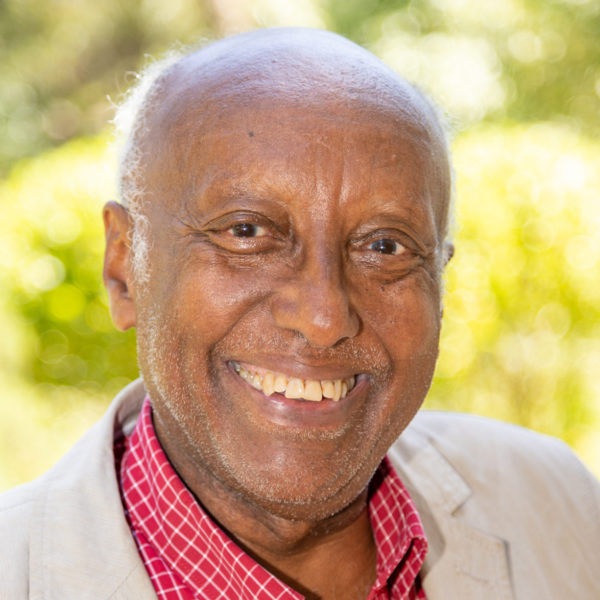The most important wine country in Africa is South Africa where grapes and wine were introduced by the white settlers in the 17th century. South Africa has a global standing as a wine producer. It is the world’s eighth-largest producer of wine, behind Chile, but ahead of Germany. Compared to South Africa, Ethiopian production of wine for commercial and recreational use is not very significant. Modern wine production in Ethiopia has a relatively recent history dating to 1956 when entrepreneur Mulugeta Tesfakiros and Ras Mesfin Sileshi jointly established the Awash winery. In 2014 the French beverage corporation Castel began producing wines based on a limited number of grape varieties on a 120-hectare estate near Lake Ziway in the Ethiopian Rift Valley.
Ethiopia’s position in wine matters, at least historically, is not so much in the commercial and recreational use of the beverage, but in its use by the Ethiopian orthodox church for Eucharistic purposes to symbolize the wine that is drunk and the bread eaten during the ceremony of Communion. The Ethiopian ancient port Adulis in the Red Sea was used to import wines, and wine production in Ethiopia can be traced to the early centuries of the first millennium A.D. Consider also that the Amharic word for grape is “Woin”, whereas “wine” is “Woin tej” or “nebit”. Tej is a traditional drink in Ethiopia made from fermented honey and flavored by “gesho” (Rhamnus pirinoides). The ingredient in Gesho, a naphthalenic glucoside is responsible for imparting the bitter taste of tej. Tej sometimes referred to honey wine. Woin tej is, therefore, a tej made from grapes. The project will document how viniculture has influenced Ethiopian language and culture.

